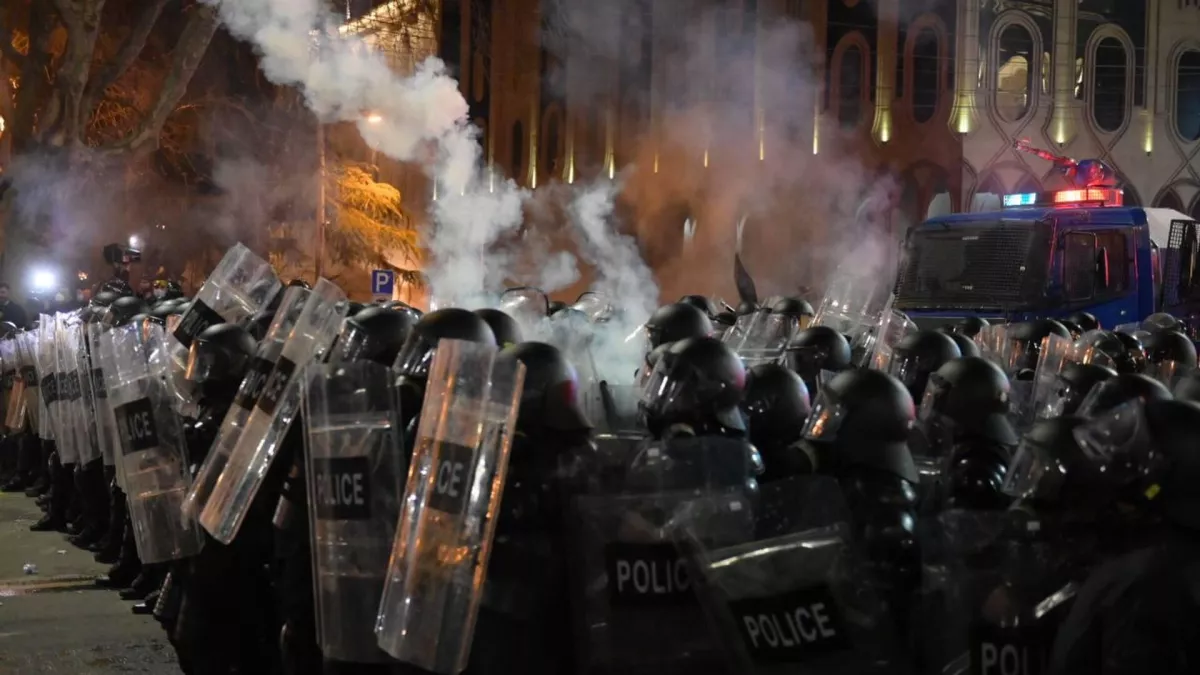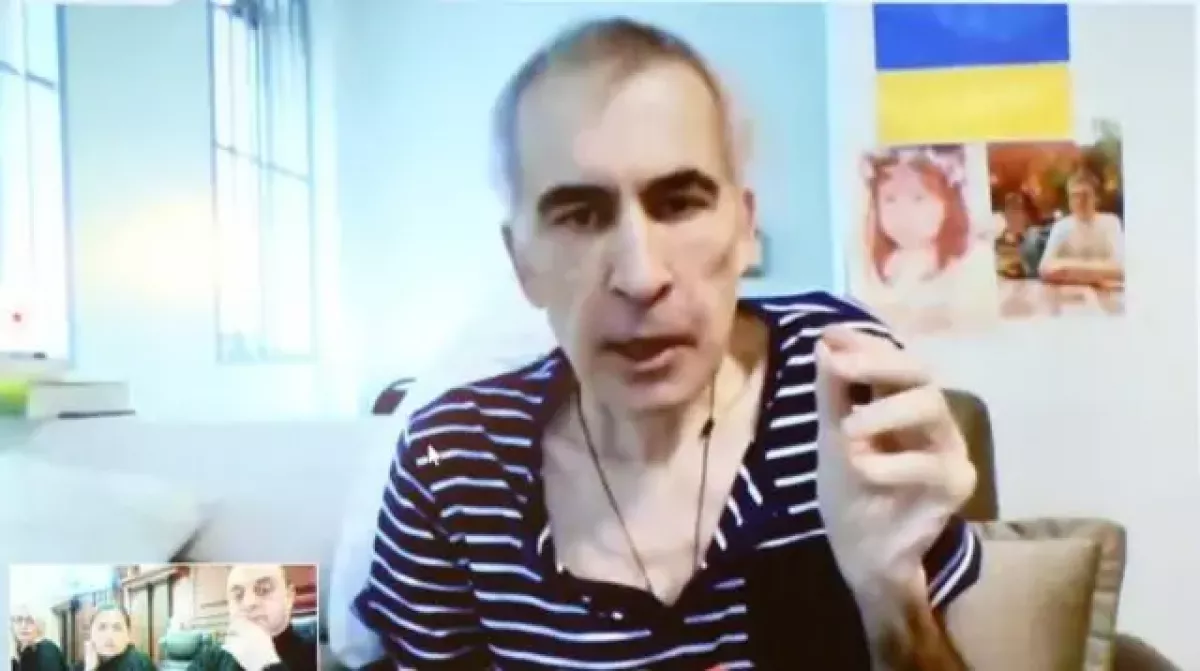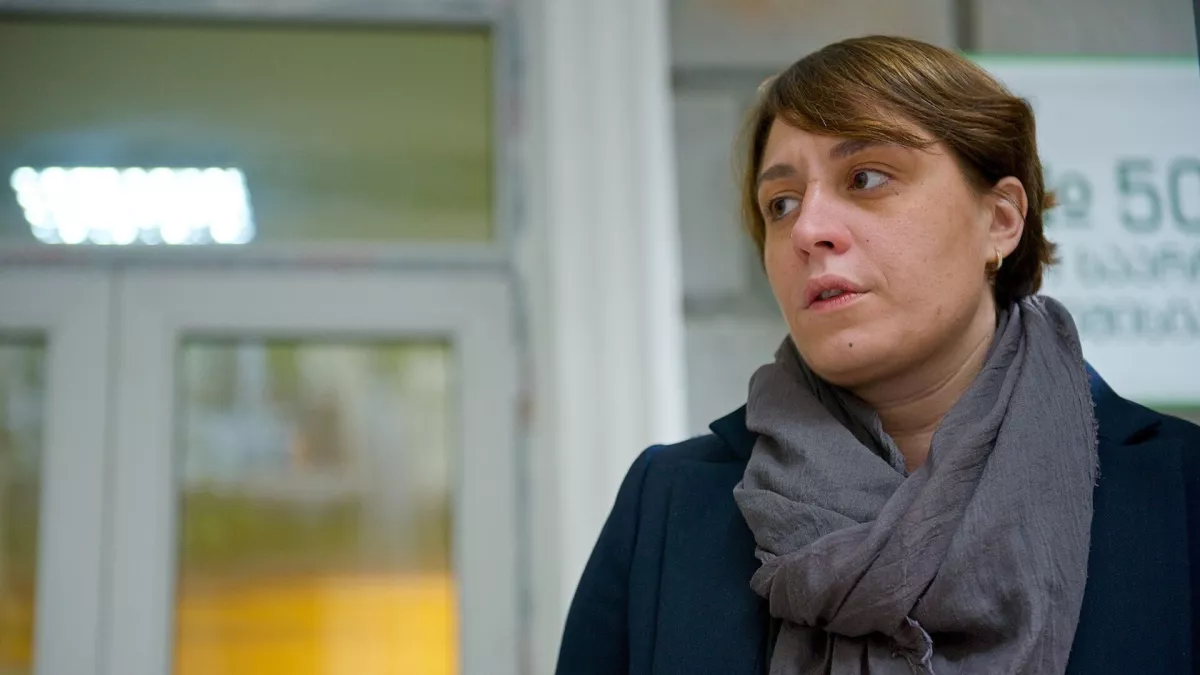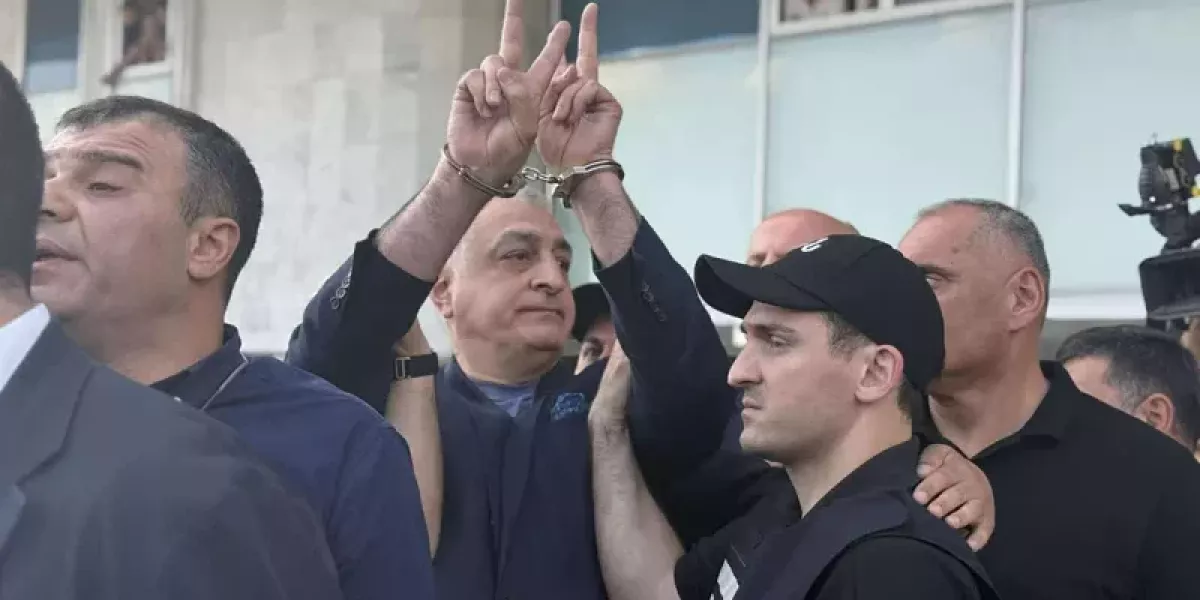Election boycott in Georgia: Weakness or prelude to a forceful takeover?
Regarding the upcoming local elections in Georgia, a split has emerged within the pro-Western opposition — some political forces are preparing to participate, while others have declared a boycott. Meanwhile, the European Parliament’s Foreign Affairs Committee has recommended that the pro-Western opposition take part in the elections scheduled for October 4, 2025, “to reflect the unity of the Georgian people in support of democracy and the rule of law, as already demonstrated by the peaceful protests that followed October’s elections.”

Of course, the European parliamentarians did not mention that it was only thanks to the decisive actions of the Georgian law enforcement agencies that these “peaceful” protests did not escalate into bloodshed.
Apparently, the European Union intends once again to try to orchestrate a bloody “Maidan” in Georgia aimed at a forceful change of power — this time under the pretext of local elections.
It is obvious that the opposition does not intend to count on victory by democratic means, being aware of their extremely low level of support among the population. Even in Tbilisi, where “pro-European” parties traditionally enjoy higher trust than in other regions of the country, the opposition has no chance either to elect “their” mayor or to form a majority in the municipal assembly.
Opposition forces make decisions about participation or boycott of the elections essentially based on fears of suffering a humiliating defeat and gaining even fewer votes than in the parliamentary elections.
Those who understand that their support has shrunk two to threefold over the past period, and that participating in the elections would only highlight their marginalisation, have declared a boycott. This primarily concerns structures associated with the former ruling party — the United National Movement and its leader Mikheil Saakashvili.

While imprisoned, Saakashvili is increasingly perceived by the population — including his own supporters — as a politician no longer capable of vying for power. His statements more and more often contradict reality, creating the impression that he is stuck in the past. Calls for Saakashvili’s release are increasingly driven by pity rather than political expectations.
The boycott was also joined by openly marginal forces, such as the party Girchi — More Freedom, which barely passed the 2.5% threshold in the 2021 elections only in Tbilisi, winning just one seat in the city assembly. In the 2025 elections, even that seat seems unattainable for the party.
As a result, on June 30, eight opposition parties in Georgia officially announced their refusal to participate in local government elections. The boycott was declared by: the United National Movement, European Georgia, Freedom Square, Strategy Aghmashenebeli, Ahali, Girchi — More Freedom, Droa, and the Federalists.
These parties stated that they view the elections as a “legitimisation of an illegal regime” and promised to continue resistance aimed at dismantling the “oligarchic system.”

The statement was read by the leader of the Droa party, Elene Khoshtaria, in front of the parliament building in Tbilisi. Together with former member of the ruling Georgian Dream party Gedevan Popkhadze, she had been on a hunger strike in protest but ended it following a joint opposition announcement of the boycott.
Khoshtaria openly stated that the only way to defeat Georgian Dream is through a “revolution.” Thus, the election boycott became a signal that these forces have definitively chosen an unconstitutional scenario.
Political forces aiming at least to maintain the level of support secured in the 2024 parliamentary elections, on the other hand, are preparing to participate in the vote. These include the party Lelo – Strong Georgia led by Mamuka Khazaradze, recently sentenced to 8 months in prison, and the party Gakharia — For Georgia headed by former Prime Minister Giorgi Gakharia, currently abroad.
However, the participation of these parties does not mean a commitment to honest political competition within the law. Their strategy, like that of the boycotting opponents, is oriented toward a revolutionary scenario. They need the elections only as a pretext to later claim fraud and mobilise supporters for protest actions.

Before his arrest, Mamuka Khazaradze openly declared his intention to organise a "revolutionary headquarters" in Tbilisi and to form combat groups for a forceful change of power. Today, he is trying to become the new opposition leader by betting on his party’s participation in the elections. Khazaradze’s strategy is clear — he expects to gain not only the votes of his supporters but also some votes from voters who previously supported the parties that declared a boycott. Moreover, the latter have trapped themselves in a political dead end. Even if they abandon the boycott, the consequences of such inconsistency could cost them their remaining support — voters are unlikely to forgive such vacillations.
From detention, Khazaradze addressed opponents of the authorities with a call to participate in the elections. In a statement published on social media, he expressed regret that after the frauds in the 2024 elections, the opposition did not form an "alternative parliament" and did not establish a dialogue regarding participation in the local elections.
In fact, Khazaradze implies that following the elections, his political force, together with allies, may create "alternative local councils" and even appoint an "alternative mayor" of Tbilisi. This means implementing a scenario of dual power at the municipal level — the same revolutionary path that the boycotting forces are preparing for, only without the willingness to concede leadership to Khazaradze.
It is clear that he does not intend to recognise the election results, which, according to forecasts, will be lost. And although he will likely receive more votes than other opposition forces, accusations of “fraud” will follow, along with a possible attempt to organise a “Maidan” and establish “alternative centres of power.” Such a scenario poses a threat both to internal peace and to the unity of the country.
Thus, the opposition split over participation in the elections does not mean that any opposition politicians are willing to abandon plans for an unconstitutional change of power. In their pursuit of a “revolution,” the pro-Western opposition is united, and it remains unclear which of them poses a greater threat to Georgia’s political stability.
Any of these revolutionary scenarios could receive external support — from the very forces that are currently exerting unprecedented pressure on Georgia’s ruling authorities. Including the European Union.
By Vladimir Tskhvediani, Georgia, exclusively for Caliber.Az








